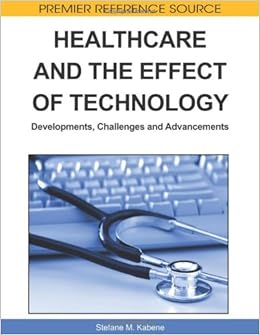Why It Is Essential For Teachers To Understand Child Growth Levels
 Healthcare IT phase presently seeks for enchancment within the supply of care to sufferers. TA methodology drew upon quite a lot of analytical, evaluative, and planning strategies. Amongst these have been methods evaluation, value-benefit analysis, consensus growth strategies (e.g., Delphi technique), engineering feasibility research, clinical trials, market analysis, technological forecasting, and others. TA practitioners and policymakers acknowledged that TA is evolving, versatile, and must be tailored to the task ( US Congress, Office of Technology Evaluation 1977 ). Field I-2 exhibits varied definitions of TA.
Healthcare IT phase presently seeks for enchancment within the supply of care to sufferers. TA methodology drew upon quite a lot of analytical, evaluative, and planning strategies. Amongst these have been methods evaluation, value-benefit analysis, consensus growth strategies (e.g., Delphi technique), engineering feasibility research, clinical trials, market analysis, technological forecasting, and others. TA practitioners and policymakers acknowledged that TA is evolving, versatile, and must be tailored to the task ( US Congress, Office of Technology Evaluation 1977 ). Field I-2 exhibits varied definitions of TA.
By means of using know-how in medical research, scientists have been capable of study illnesses on a mobile degree and produce antibodies towards them. These vaccines towards life-threatening ailments like malaria, polio, MMR, and more forestall the spread of disease and save thousands of lives all around the globe. In actual fact, the World Well being Group estimates that vaccines save about 3 million lives …
Continue Reading